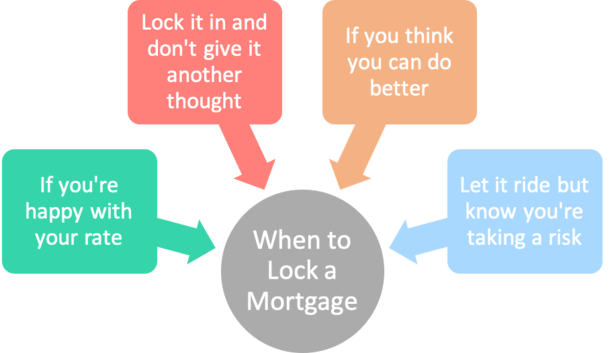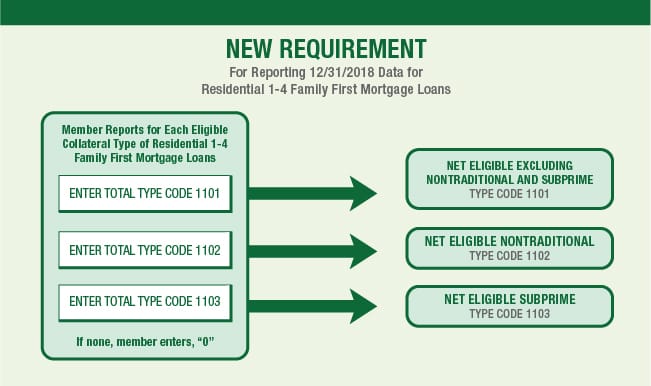Non Traditional Mortgage Definition

The guidance offers a more narrow definition of nontraditional mortgage product which includes loans that have interest only and payment option terms described as adjustable rate mortgages arms where a borrower has.
Non traditional mortgage definition. So what is it that makes a loan non traditional this language actually refers to the lender from whom you procure the loan. A traditional mortgage would require a relatively high initial down payment of about 25 and 25. However recent economic conditions have spurred change in the business lending industry. Any mortgage loan not conforming to traditional and required lending guidelines could be considered a non conventional mortgage.
These expenses are tax deductible if they are business or work related. The definition as it appears in the guidance on nontraditional mortgage product risks is not as broad. A non conventional loan or mortgage is a type of loan that does not have to follow traditional mortgage loan requirements. They may pose even greater risk when granted to borrowers with undocumented or undemonstrated repayment capacity e g low or no documentation loans or credit characteristics that would be characterized as.
Examples of nontraditional mortgages can include mortgages that are interest only or subprime mortgages. Any travel expenses incurred while at a business convention. On top of that those with non traditional income such freelancers and business owners might have a better shot at funding with online mortgage lenders. Nontraditional residential mortgages exhibit characteristics that may result in increased risk relative to traditional mortgage products.
A broad term describing mortgages that do not take the traditional form. Nontraditional mortgage product according to 12 uscs 5102 6 the term nontraditional mortgage product means any mortgage product other than a 30 year fixed rate mortgage legal definition list. Yates points out that non traditional mortgage lenders are more willing to take a risk on those with lower credit scores. In the past banks were the primary entities who granted these types of arrangements.
:max_bytes(150000):strip_icc()/GettyImages-155420417-0636da199f484064a9ac1e7af2b84012.jpg)













































